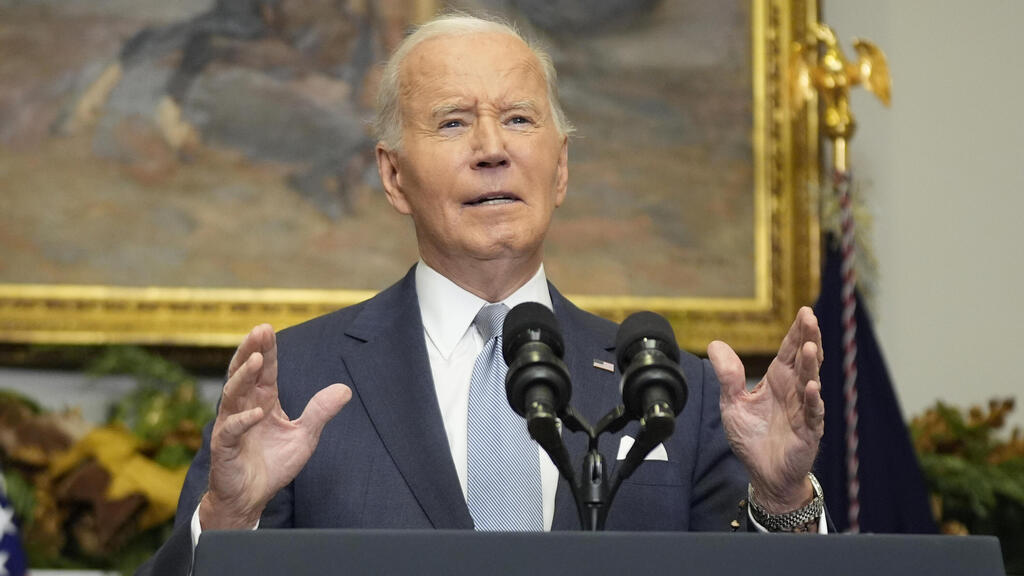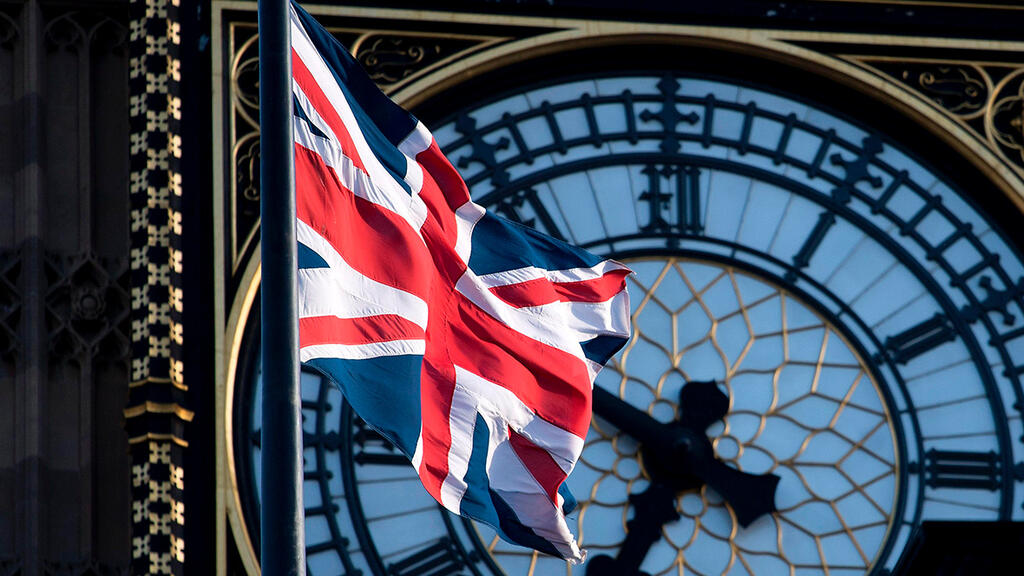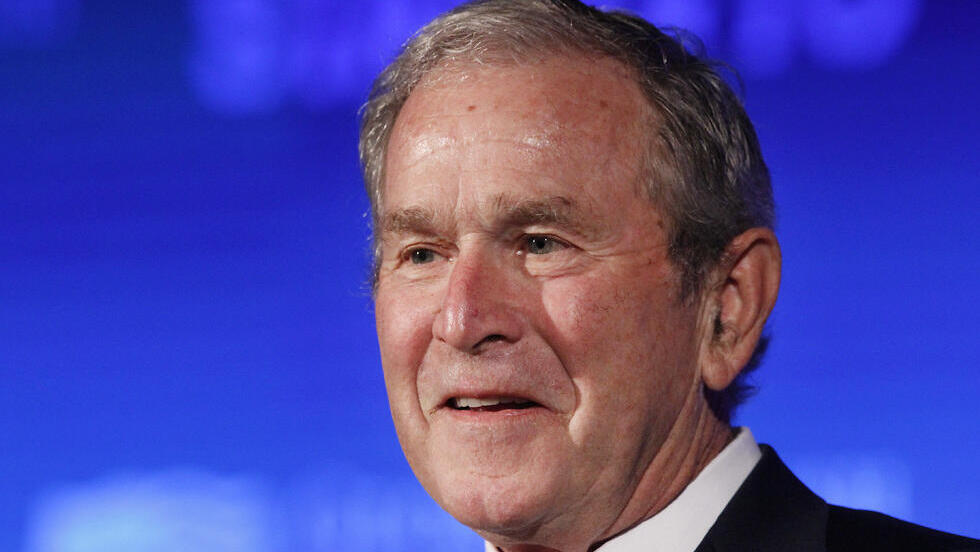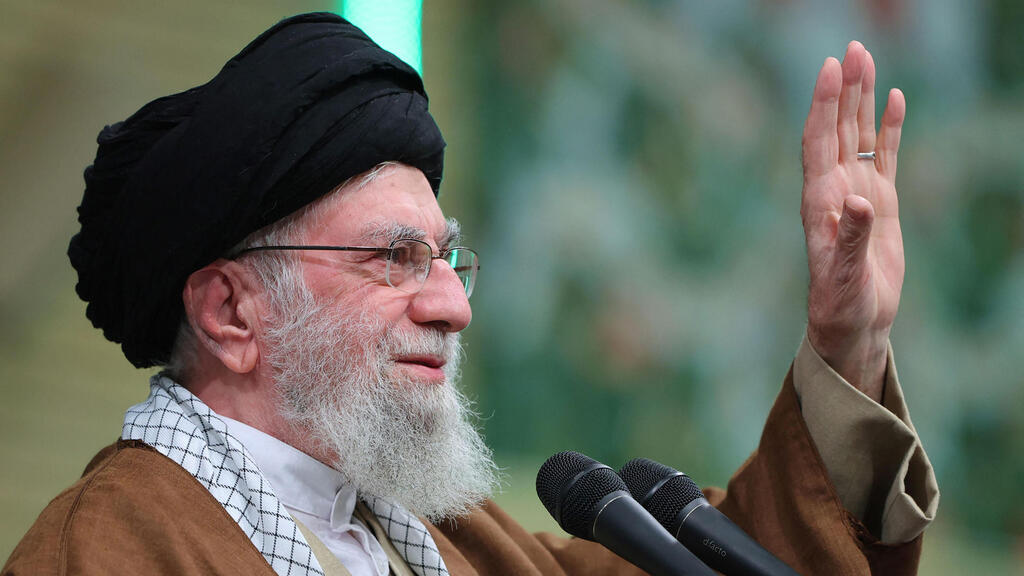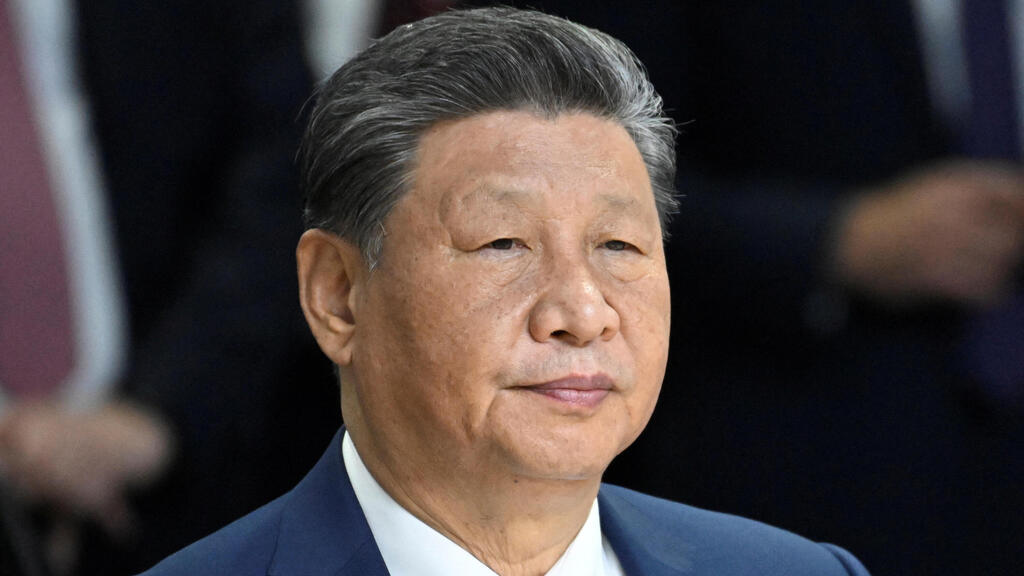Getting your Trinity Audio player ready...
Over the course of 2024, the West has failed to break the years-long pattern of insufficient or absent resistance to dictatorships. In direct consequence of this, it now faces multiple crises simultaneously. Yet, Western countries steadfastly refuse to learn the lesson, to mobilize and act before it is too late. Disaster might not follow immediately, but it is becoming inevitable in the medium term.
As another difficult year stutters to an end, the dominant theme is that of crisis. So heavy is the weight of the multiple crises of the present that at last, the very fact that the position is critical is being acknowledged.
Farah Stockman, a member of the editorial board of the New York Times, is “stunned by the number of democracies … experiencing extreme polarization”. Political scientist Daniel Drezner adopts Stockman’s idea and expands it into a judgment that “global shocks in recent years … have rattled political institutions of all stripes.” Columnist Fred Kaplan extends Drezner’s argument into the rather banal observation that “everything about the world feels more out of control because… it is.”
The world is not, in fact, ‘more out of control.’ It is in an intensifying crisis, caused entirely by Western ineptitude and passivity, both in the long term and during the past year. Decades of grotesque expenditures on everything other than defense, a long-established pattern of risk reduction at any cost in foreign affairs, and the unwillingness to confront dictatorships have created a set of different crises that are no longer controllable.
The fiscal catastrophe
To understand the scale of the West’s wasteful expenditures, it is worth comparing the present position to that at the end of the Second World War. Then, the United States played a central role in winning the war both in Europe and Asia.
It ended the war with defense spending amounting to 40% of the economy, and a ratio of debt to GDP of 106%. Now, with no further World Wars, and with the Cold War having ended with the fall of the Berlin Wall 35 years ago, that ratio is 123.1%. America has sunk deeper into debt than it did at the end of the largest war in history, even though it now spends barely 3% of GDP on defense.
The UK, which fought the Second World War from the first moment to the last, including a year of fighting Germany and Italy without any major allies by the UK's side, now appears superficially solvent by comparison with America.
Compared with bankruptcy in 1945, with defense spending run up to 52% of GDP and with a debt burden amounting to 225% of economic output, the present position, with the national debt roughly equivalent to annual GDP, looks rather better at first glance.
A second look will show that there is no serious prospect for improvement. The UK's economy will grow 1.1% this year, at a slower rate than in any of the first 15 years after the end of the war. Furthermore, the country desperately needs to increase defense spending, currently at an incredibly low level of 2.3% of GDP.
The U.S. and UK are not even the worst cases among the nations which form the West’s fragile and feeble system of alliances. By the end of 2023, Japan’s government debt was approaching 206% of GDP, even though the country has not fought any war at all since 1945 and now, after considerable increases in defense spending, allocates a mere 1.6% of annual output to defense.
Just when the West must spend more on defense and intelligence to avert disaster, it is in a weak position to do so, having spent incomprehensibly enormous sums of money without generating either fast economic growth or safety from aggression.
Risk elimination as a disease
In the field of defense, the West has accumulated even greater risks than in the fiscal sphere. This has happened because the sole focus of the West for a very long time has been the elimination of all short-term risk, or if that proved impossible or undesirable in a specific instance, the elimination of all significant short-term risk.
This is why, as I have written, the West repeats the term ‘escalation’ with distressing frequency, a word which has by now lost all substance and meaning, other than its danger being proffered as a convenient excuse for inaction.
This approach has lasted for decades, across all superficial differences in point of view between different Western politicians. For example, the administration of George W. Bush did not want to increase the size of the U.S. military, even a year into the Iraq war, because it did not wish to take on the risks involved in what was then known as ‘nation-building.’
The same administration, having then engaged haphazardly in something resembling "nation-building" in Iraq, ended the main phase of the war in that country by approving a cease-fire with the Shia Mahdi Army in May 2008.
Even the Bush administration, less risk averse than any current significant Western power, ultimately preferred to eliminate risks. For that reason, more than any other, it could not hope to win either the war in Iraq, or the war in Afghanistan.
Under President Biden’s thoroughly incompetent administration, risk elimination has acquired something of the power of the Gospel. The non-war against the Houthis displays this for all the world to see. From August to November, the nuclear aircraft carrier USS Abraham Lincoln (CVN-72) was involved in what is being called “the largest naval conflict the United States has been in since World War II.”
Even a squadron of F-35C aircraft, the world’s only carrier-borne stealth fighter, participated in these operations, which carefully avoided American losses, and achieved precisely nothing of significance.
Now the next carrier, the USS Harry S. Truman (CVN-75), is continuing this exercise in setting dollar bills on fire, with greater intensity. Its escorting cruiser, USS Gettysburg (CG-64) managed to shoot down an F/A-18F Super Hornet from the carrier, while the carrier group persisted in efforts to “disrupt and degrade Houthi operations,” a non-specific task which has neither a beginning nor an end.
The so-called "flyaway cost" of a single Super Hornet was around $60 million in 2020, before the inflation spike of the last few years. Another few millimeters have been added to America’s debt mountain, and nobody will accept any responsibility.
Both militarily and financially, risk elimination has led America and the West down the road to nowhere. America, formally a nation possessing the world’s most powerful navy and air force, cannot deal successfully with the Houthis, who have neither an air force nor a navy.
It is unlikely that Iran, Russia or China will be at all impressed by the last fourteen months of American impotence, and the wider West’s complete passivity, in the Red Sea.
Dictators are now running free
Profligate spending for no positive purpose, and an attitude that almost any risk is excessive have led to the present crisis. A variety of dictators think the West is contemptible, and act on the thought.
Putin thinks he can win the war against Ukraine, so he continues it. It is true that his gangland fascism is remarkably militarily ineffective, with the Russian army having occupied only slightly more than 3,300 additional square kilometers (1,270 square miles) of Ukraine this year, a much smaller area than Joe Biden’s home state of Delaware.
Nonetheless, Putin is advancing, and is even managing to run an air bridge to Libya concurrently with his war. His army continues to commit war crimes, while Western activists continue to suggest, even in the face of undeniable evidence to the contrary, that the Geneva Conventions might somehow constrain Russia’s crimes.
Putin’s partner, North Korea’s Kim Jong-un, has sent 170 mm long-range self-propelled guns to the Ukrainian front, and may now be sending KN-15 (Pukguksong-2, Polar Star-2) medium-range ballistic missiles (MRBMs). Of course, the West labels Kim’s support for Putin ‘an escalation,’ while doing precisely nothing to stop it.
Nobody pays sufficient attention to understand that with South Korea’s president impeached, the country divided between his supporters and opponents, and the now-former defense minister having attempted suicide, Kim Jong-un’s thoughts will necessarily turn towards the South, and soon.
6 View gallery
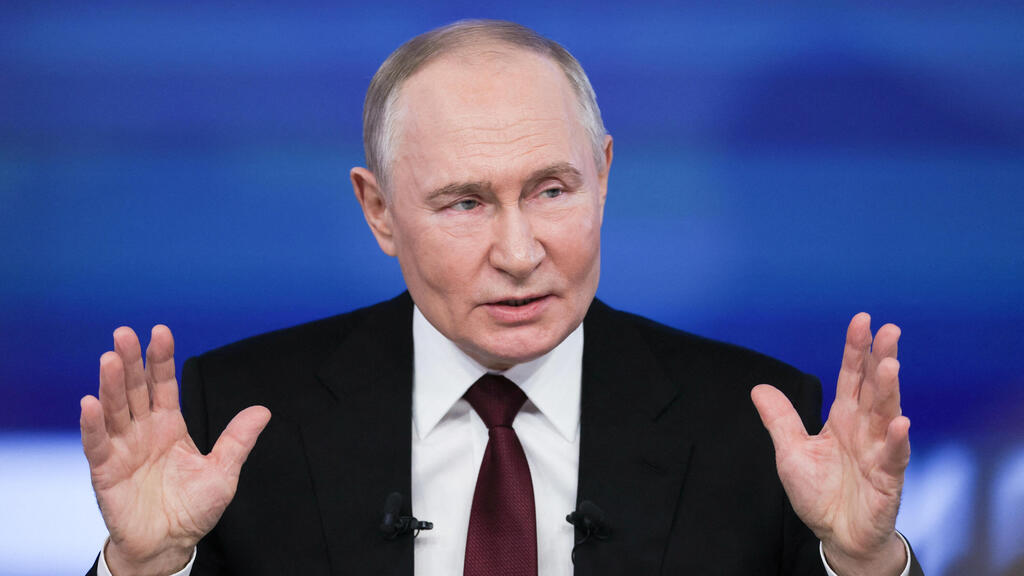

Russian President Valdimir Putin
(Photo: Sputnik/Vyacheslav Prokofyev/Pool via REUTERS)
North Korea is a destitute Stalinist state and its armed forces cannot be strong, but neither can those of a divided South Korea, whose capital lies just 15 miles south of the closest sector of the so-called demilitarized zone. This powder keg will blow up, no matter what efforts the West expends in pretending that this is either impossible or very unlikely.
The West cannot even control Recep Tayyip Erdogan, the Turkish dictator who declares his intent to “neutralize the terrorist organizations present in Syria,” which in plain language means crushing Syria’s Kurds. Instead of doing anything about this, the UK and other European countries are planning to sell the Eurofighter Typhoon fighter aircraft to Turkey.
This is the same Turkey, and the same Erdogan, who called Israel a “Zionist terrorist organization” this October. It is an obscenity that Erdogan’s Turkey remains a member of NATO, and a greater obscenity that deafblind Europeans intend to supply it with advanced weapons. Yet, these obscenities are entirely consistent with the West’s attitude to the world at large.
Israel, which is defending itself against Iran’s dictatorship and its various agents, including the Houthis, is subject to arms embargoes by France, Spain, Italy and Belgium, and also partial embargoes by Canada and the United Kingdom, which in any case have long refused to supply weapons of any significant quantity or quality to Israel.
Europeans condemn Israel for supposed Israeli attacks on the United Nations Interim Force in Lebanon (UNIFIL), while this organization states publicly that it operates “at the invitation of the Lebanese government” and therefore cannot launch searches for weapons and cannot enforce any cease-fire.
The noble principle that Europe is defending is that dictators and criminals can do whatever they might wish, while the Jews should be damned for defending themselves. This is morally indefensible, but entirely of a piece with Europe’s past.
Get the Ynetnews app on your smartphone: Google Play: https://bit.ly/4eJ37pE | Apple App Store: https://bit.ly/3ZL7iNv
In this context, Xi Jinping’s China is displaying remarkable caution, bordering on forbearance, in not fulfilling its pledge to achieve “complete reunification” with Taiwan. It is probable that the main, if not the only, reason for this is China’s own set of fiscal and economic problems, including an explosion of debt over the last decade.
The West, at the present moment, still has a little bit of time left to gather itself, to put an end to policies that verge on the insane, and to deal with the various crises. If it does not use this time wisely, disaster is certain. The only matter subject to uncertainty is how much time still remains before it ensues.
- Dan Zamansky is a British-Israeli independent historian and author of The New World Crisis, a Substack analyzing the problems of today.


